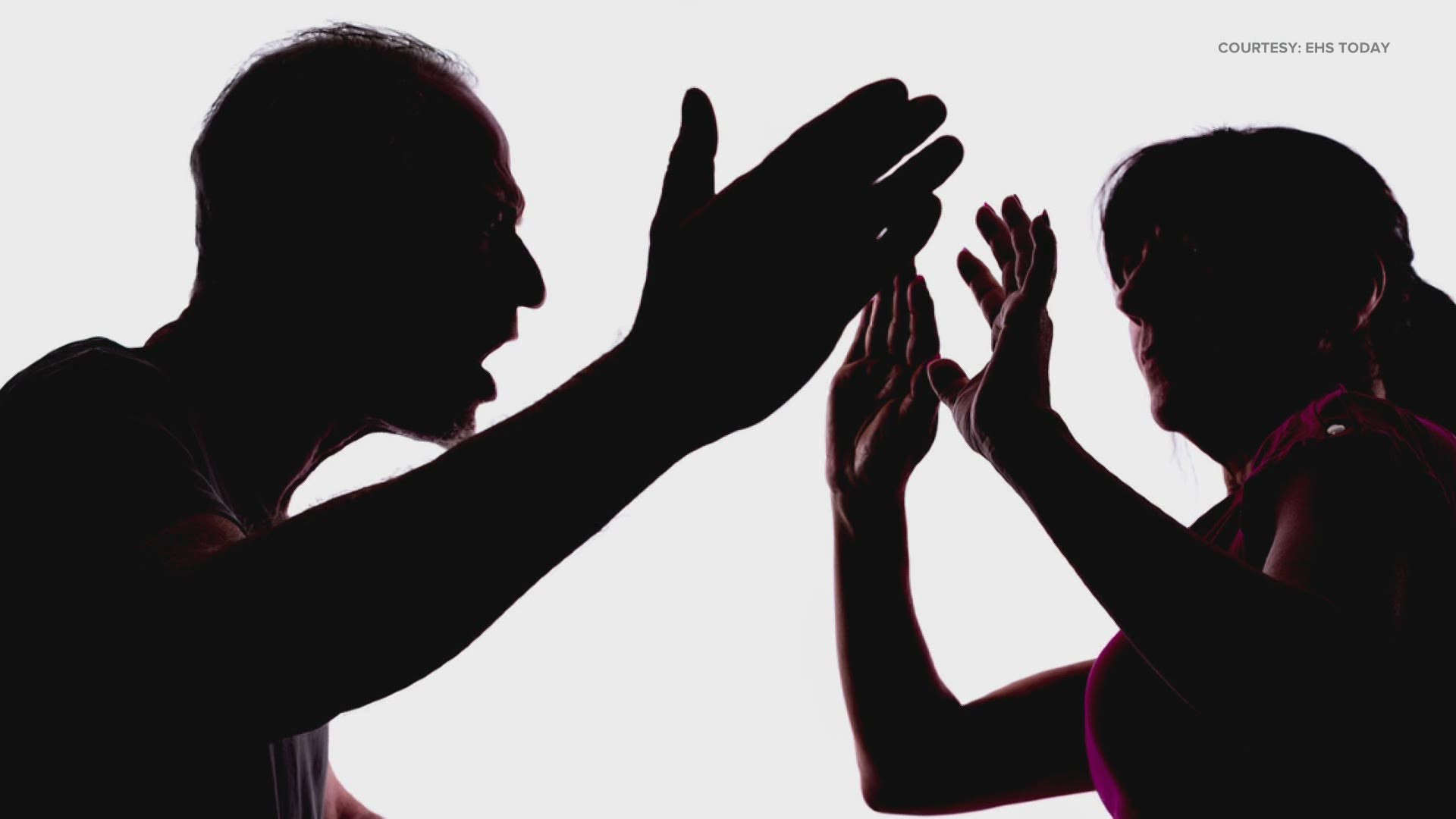YORK, Maine — It was a scene that played out on a beach in southern Maine Friday afternoon: a man beating a woman, and onlookers afraid to intervene.
The woman, Rhonda Pattelena, died from injuries suffered in the attack, according to the office of the chief medical examiner.
Maine State Police say Jeffrey Buchannon was seen attacking, and ultimately killing, his domestic partner at Short Sands Beach. The Massachusetts couple -- parents of one -- were visiting Maine for the weekend.
Buchannon is scheduled to appear in Alfred Superior Court on a murder charge Tuesday.
The incident may have prompted many to ask themselves, "What would I have done if I'd been a witness?"
Police said the answer depends on the specific situation, who you are, and what you're able to do.
In a situation like Friday's attack, police say that unless someone was trained or had a weapon, physically interfering would be risky -- and should be left to law enforcement in most cases.
"I would never want to direct the innocent into harm's way," Falmouth Police Chief John Kilbride said. "You need to understand your capability before you intervene. 'What can I do? What am I capable of doing? Do I have the strength to take this person on?'"
But even if you don't intervene physically, Kilbride urges onlookers to carefully observe and take note of who and what they see -- and maybe even use a phone to record a video, if you can do so safely.
"Pay attention to what actions that they're witnessing," he said. "What did they observe? What that particular person is doing for a crime. What they're wearing, what they look like, what they get in for a car, a license plate number."
When possible, Kilbride suggests writing observations down as quickly as possible and then reaching out to police. "Make yourself available to police or call police if you have the opportunity."
Cases of domestic violence pose a particular threat to law enforcement.
"You're dealing with people's emotions so [it's] one of the most dangerous calls police can go on," Kilbride said.
In some cases of domestic abuse, family or friends may know what is happening and act before the situation escalates. But Regina Rooney, Education Director for the Maine Coalition Against Domestic Violence, says calling the police without the consent of the person being abused could make things worse.
"When we insert ourselves in that way we often really ramp up the danger," she said. Rooney advises people to look to the person they're concerned about for guidance.
"We can think with that person ... 'What can I do that's useful to you? What would be helpful for you today from me?'" she said. "But we really need to be sure we're not assuming what that is."
If you or someone you love needs help getting out of an abusive relationship, the Maine Domestic Violence Helpline (866-834-4357) is open 24 hours a day.
It's also open to people who know someone experiencing domestic abuse. Advocates who answer the Helpline can provide specific advice about how to help.

